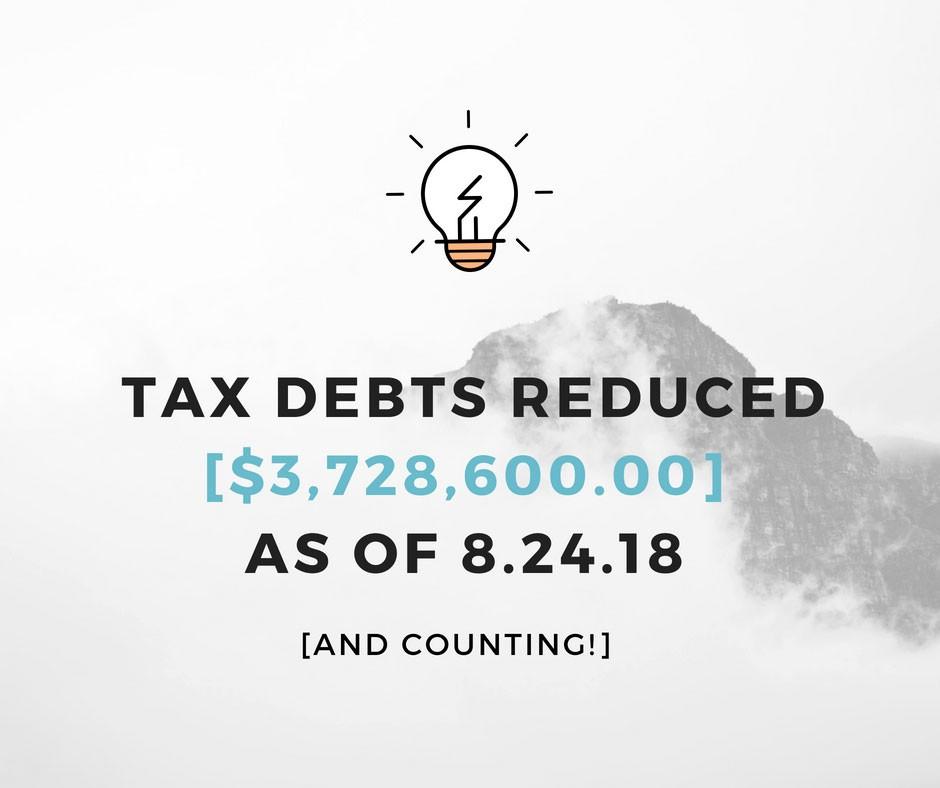Paying taxes with a credit card may seem like an easy way to resolve your tax debt, but there are several factors to consider before making this decision.
One of the main benefits of paying taxes with a credit card is that it can help you resolve your tax debt quickly. By using a credit card, you can make a payment to the IRS right away and avoid any potential penalties or interest charges that may accrue if you are unable to pay your taxes on time. Additionally, many credit card companies offer rewards or cash back for using the card, which could help you earn some extra money while paying off your tax debt.


